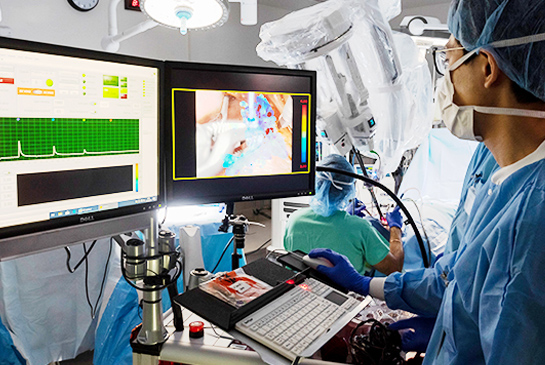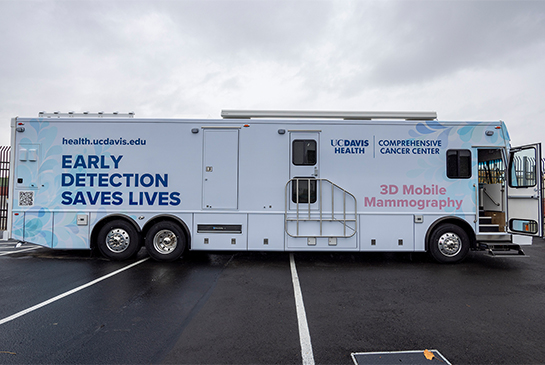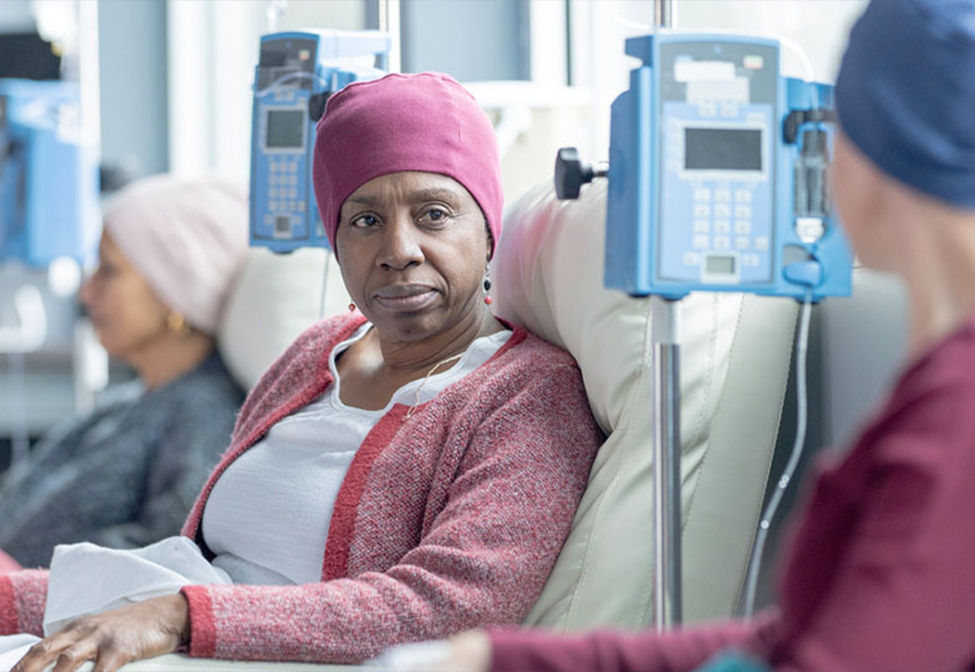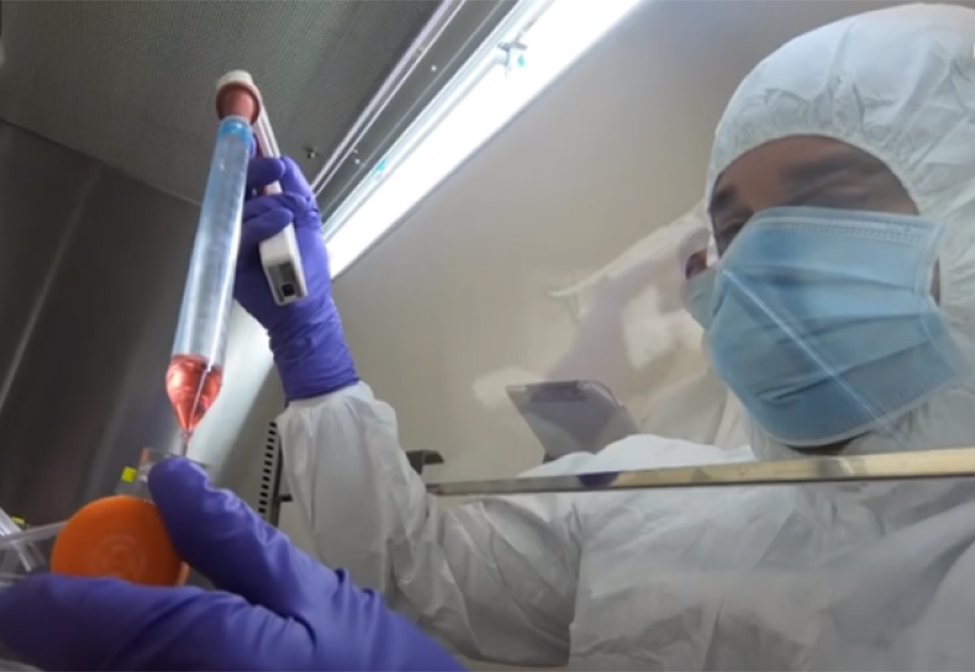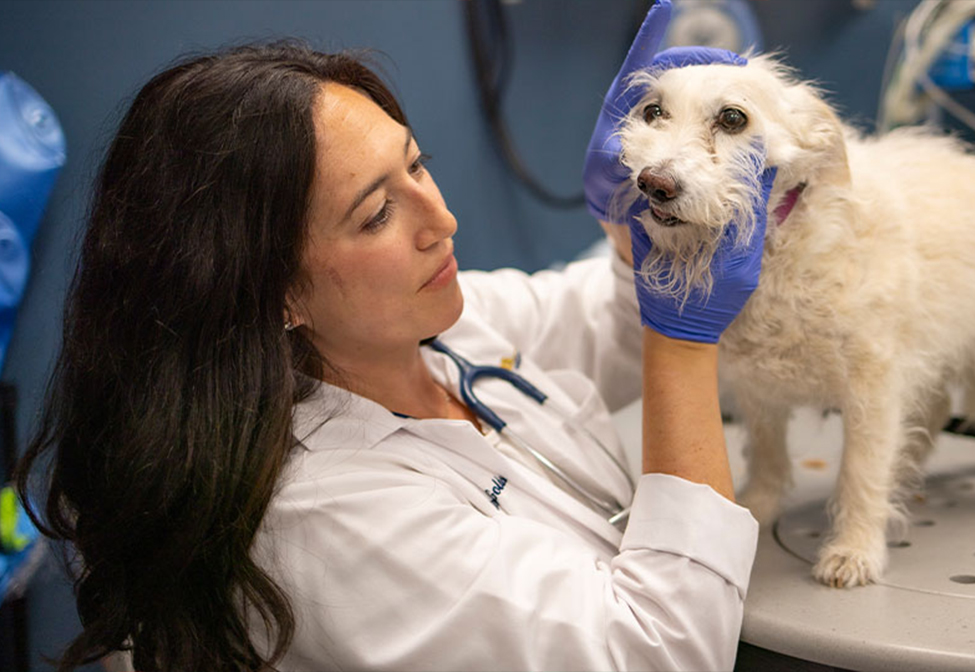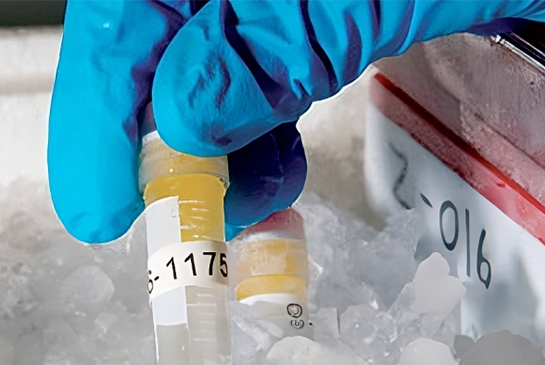Members in our research programs (basic, clinical, public health scientists and engineers) are experts in a variety of disciplines and all have an interest in tackling some of the most complex challenges in cancer research.
Cancer Research at UC Davis
A national leader in cancer research, emphasizing innovative approaches to prevention, diagnosis, and treatment.

Biomedical Technology
Engineers, basic, and clinical scientists applying innovative technologies to solve challenges in tumor detection and analysis, drug delivery and disease monitoring to improve cancer care and outcomes
Cancer Therapeutics
Clinical and basic scientists developing innovative methods for identifying and developing new agents and delivery systems to treat cancer
Integrated Cancer Biology
Basic scientists working to unravel cancer’s molecular secrets to better understand, diagnose and treat cancers
Population Sciences and Cancer Control Program
Public health, clinical, and basic scientists dedicated to addressing the full cancer control continuum, including prevention, detection, treatment, and survivorship
Membership Resources for Researchers
Involved in cancer research? Join UC Davis Comprehensive Cancer Center, the only NCI-designated comprehensive cancer center serving inland Northern California and the Central Valley. Collaborate with top researchers, access resources and contribute to our mission. Open to UC Davis faculty and LLNL researchers with a focused interest in cancer or related disciplines. Learn more about membership and resources.

Innovative Research That’s Breaking Barriers
Our scientists are engaged in innovative projects that span the spectrum of cancer research from basic, translational, and clinical sciences to population health and cancer control. Our unique collaborations with major scientific organizations like Lawrence Livermore National Laboratory and various UC Davis departments, including the School of Veterinary Medicine, have led to advancements in cancer detection, drug therapies, and treatment strategies.
With dual access to experts in medicine and veterinary science, human and companion animal patients alike have access to leading-edge care, including immunotherapy and other targeted treatments.
UC Davis Decodes Aggressive Breast Cancer
UC Davis researchers help decode the cause of aggressive breast cancer in women of color.
Grant Boosts CAR T-Cell Access
UC Davis Health’s Stem Cell Program received a grant from Health Net to improve cancer patients’ access to life-saving CAR-T therapies and clinical trials.
UC Davis Launches First Regional Bladder Cancer Trial
A new clinical trial is available for bladder cancer patients in Northern California who previously faced few treatment options.
Dogs Get Head and Neck Cancers, Too
Cancer center scientists are collaborating with veterinary oncologists to roll out a new cancer clinical trial in canines that may help humans with the disease.
Cancer Clinical Research
More than 200 cancer clinical trials are currently under way at UC Davis. The Office of Clinical Research is responsible for overseeing and managing investigator-initiated, industry-sponsored and federally funded Phase I-III trials at the Cancer Center.
Shared Resources
UC Davis researchers have centralized access to specialized expertise, consultation, infrastructure, and equipment for cutting-edge research.
Grant Development and Submission
The Cancer Center Office of Grant Development offers full-service pre-award support for grant development, writing, and submission.
Education, Training and Workforce Development
The Office of Education, Training, and Career Development supports the career growth of cancer scholars across all academic levels.


